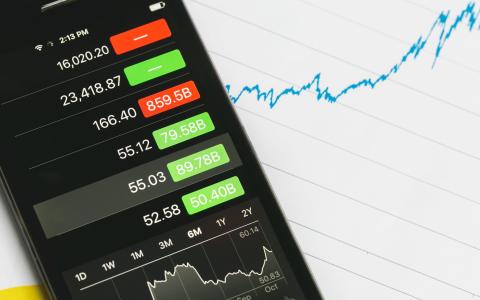
(Business Insider) - The Federal Reserve is facing a loss of credibility no matter what policy decision it makes at its March meeting, according to top economist Mohamed El-Erian.
The Fed's credibility will take a hit at the next interest rate hike decision, Mohamed El-Erian wrote in a Thursday Bloomberg column.
-
He said he felt strongly that the Fed's last rate hike should not have been a downshift from 50 to 25 basis points.
-
"With the Fed having already dug itself a deep hole, it is no longer crystal clear to me what the right policy step should be now."
In a Thursday Bloomberg column, El-Erian reiterated that before the previous meeting, he had felt strongly that the Fed shouldn't downshift its rate hike from 50 to 25 basis-points. Now that they have delivered a smaller rate hike, the policy challenge is even greater.
"It is often said that the first rule of finding yourself in a hole is to stop digging," he wrote. "With the Fed having already dug itself a deep hole, it is no longer crystal clear to me what the right policy step should be now. I suspect I am not the only one."
The dilemma started first when Jerome Powell mischaracterized inflation as transitory, and subsequently moved too slowly in adjusting the central bank's policy after recognizing that prices were not coming down.
Wall Street firms have been warning of a looming downturn this year thanks to monetary policy tightening from the Fed, though some strategists remain in the soft-landing camp, citing recent strong economic data in jobs and consumer spending.
Markets are eyeing a roughly 68% chance of a 25 basis-point hike this month, according to the CME's FedWatch Tool.
However, El-Erian said that the Fed risks damaging its credibility if it raises rates by a higher amount than the previous move, though failing to stay aggressive could also be detrimental.
"Resuming 50-basis-point increases and essentially negating much of the previous forward policy guidance would constitute yet another significant hit to the damaged standing of the Fed," he wrote. "But not responding to a set of unfavorable inflation data surprises is also bad for its credibility."
By Phil Rosen



